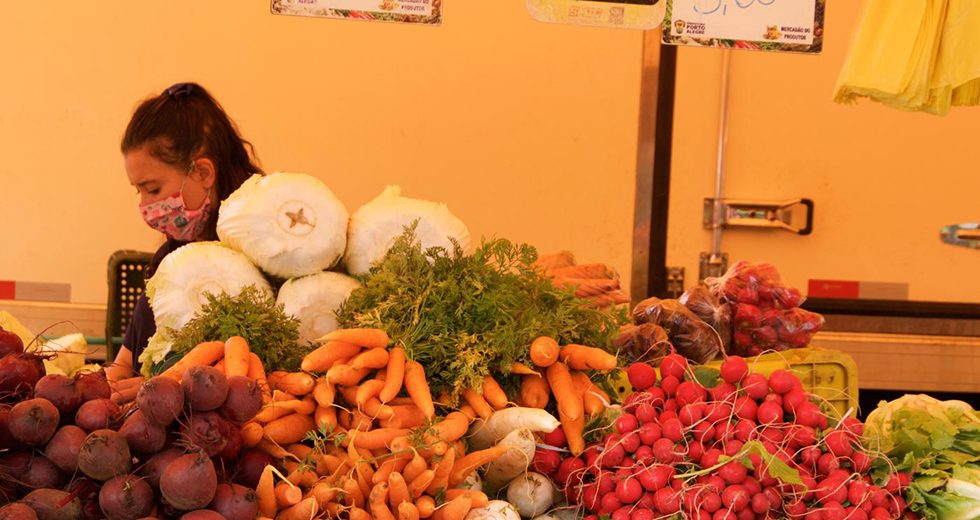Consultation on food crisis unfolds deep theological meanings
Posted on April 14, 2023 by Phil Tanis

The World Council of Churches (WCC) cohosted an online consultation on 12 April to address the pressing issue of the converging food and debt crises. The event invited churches, ecumenical partners including the World Communion of Reformed Churches (WCRC), and civil society allies to come together to examine the intersections and roots of these crises, and to seek collective guidance on possible joint responses.
Opening the consultation, Kenneth Mtata, WCC program director for Public Witness and Diakonia, welcomed international experts on food, and voices from different religions and parts of the world.
“The multifaceted and intersectional crisis between food and debt is something that has been unfolding over a long period of time and can be traced back to almost six decades,” he said.
To unpack this complexity, the consultation welcomed two panels, the first covering the latest findings on the food and debt crisis, and the second covering how churches respond.
The consultation then received inputs from, Africa, Asia and the Pacific, Latin America, North America, and Europe.
Speakers endeavored to develop a clear understanding of the key interlinked developments of food insecurity, debt, and bank collapse, and to understand how faith communities can continue to be informed and strengthened in the face of these challenges.
Closing the consultation, Philip Vinod Peacock, WCRC executive for justice and witness, reflected that the question on the minds of the speakers was: what or is there even a theology of food?
“What we do know from our own contexts and situations is that food is not just about providing nourishment to our bodies so that we can sustain ourselves for another day—but it also forms how societies themselves are organized,” he said. “For us, as Christians, food has a very deep theological meaning.”
In addition to the WCC and WCRC, the consultation was hosted by the All Africa Conference of Churches, Council for World Mission, FIAN International, Lutheran World Federation, Organisation of African Instituted Churches, and World Methodist Council.
(Article courtesy of WCC.)
Image: Marcelo Schneider/WCC
 World Communion of Reformed Churches
World Communion of Reformed Churches